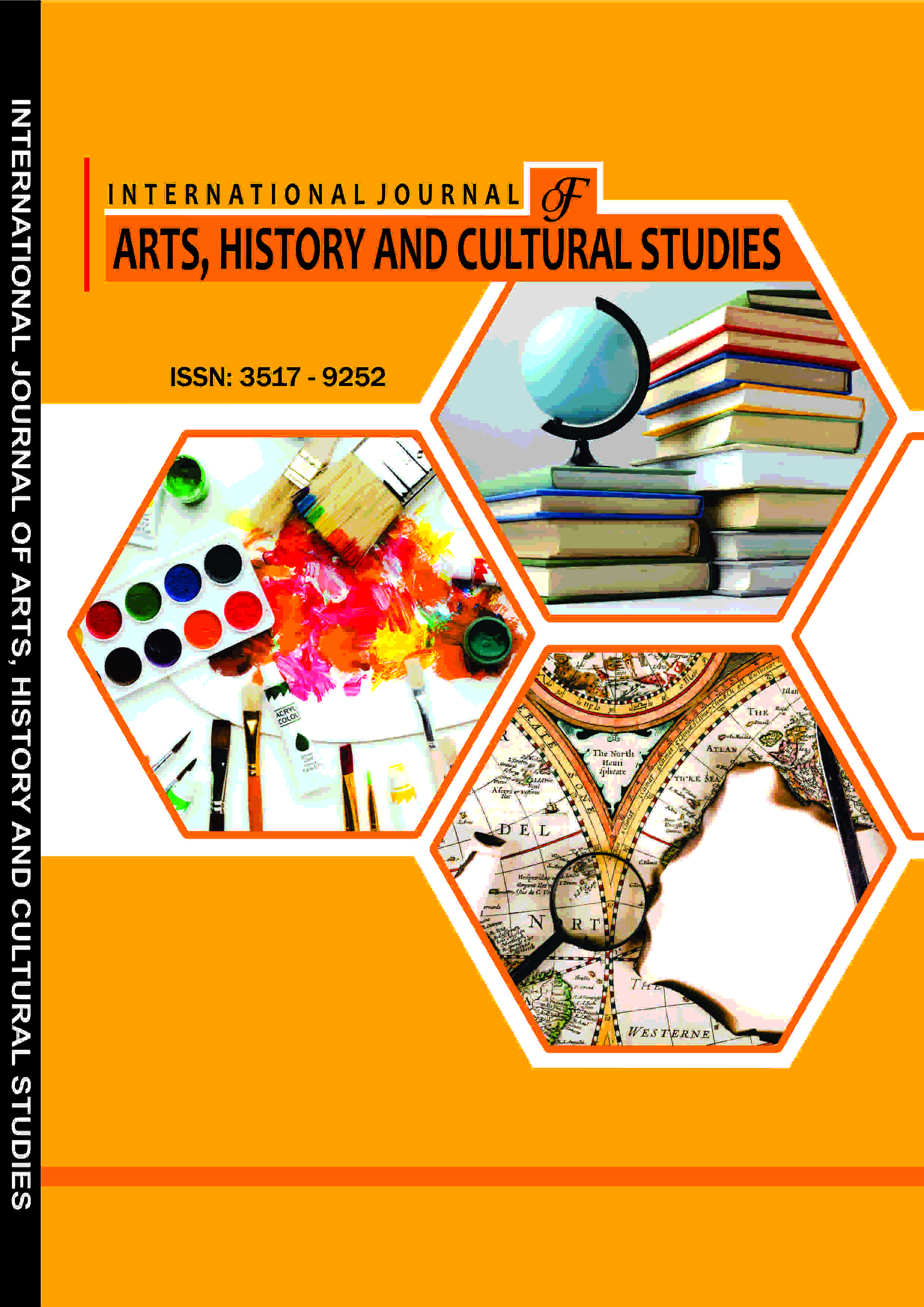INTERNATIONAL JOURNAL OF ARTS, HISTORY AND CULTURAL STUDIES (IJAHCS)
Mbopo Music and Trends in Contemporary Times
E-ISSN: 2695-1886
P-ISSN: 3517-9252
DOI: https://iigdpublishers.com/article/375
African music has evolved due to social, environmental and political changes with these influences shaping rhythms, instruments and lyrical themes. Mbopo is a traditional institution for Ibibio maidens practiced in both old and contemporary times. Its music has undergone significant shift as new influences such as socio-cultural, global and contemporary changes has affected the social practice. This study aims at exploring how Mbopo music has evolved in the context of modern times. The objectives are to document the musical practices and performances associated with Mbopo rites, to identify ways in which instrumentation, song composition and performance of Mbopo music has evolved over time, to investigate how influences such as globalization, urbanization, religious and technology has transformed the social practice, To evaluate which aspect of Mbopo music have been maintained, adapted or lost to modern influences and to explore how modern influences contribute to gender roles and societal expectations of the Ibibios. The research uses qualitative ethnographic research design such as interview, observation, participation and key informant technique as the primary method of data collection. While, the secondary method of data collection was gotten from journals, internet, libraries and books. Mbopo music has adapted to reflect modern influences and changes has occurred in rhythm and harmonies. This study provides insight into how indigenous music can adapt and still maintain its cultural identity. The researcher recommends the enhancement of cultural festivals that features Mbopo music and encourages the use of digital technology to create immersive experience of Mbopo music.
Isaac O. Ibude & Aniekere S. Inyang
Akpan, M. G., & Ekong, B. U. (2017). "Dance Aesthetics and Cultural Implications: A Case Study of Ekombi Dance and Asian Uboikpa Dance." Journal of Social Science, 9(1), 171-177.
Akpakpan, J., & Akpakpan, M. J. (2018). Mbopo institution and music in the cultivation of moral
values in Ibibio society, Nigeria. Open Journal of Social Sciences, 6(5), 37–52. https://doi.org/10.4236/jss.2018.65004
Basset, E. (1996). The culture and social organization of the Middle Cross River people. University Press.
Bairoch, P., & Goertz, G. (1986). Factors of urbanization in the nineteenth century developed
countries: a descriptive and econometric analysis. Journal of Urban Studies 23 (4) 285-305.
Essien, O. E. (2005). Ibibio names: Their structure and their meanings. Daystar Press. Ekong, E. E.
(2001). The sociology of the Ibibio: A study of social organization and change. Modern Business Press.
